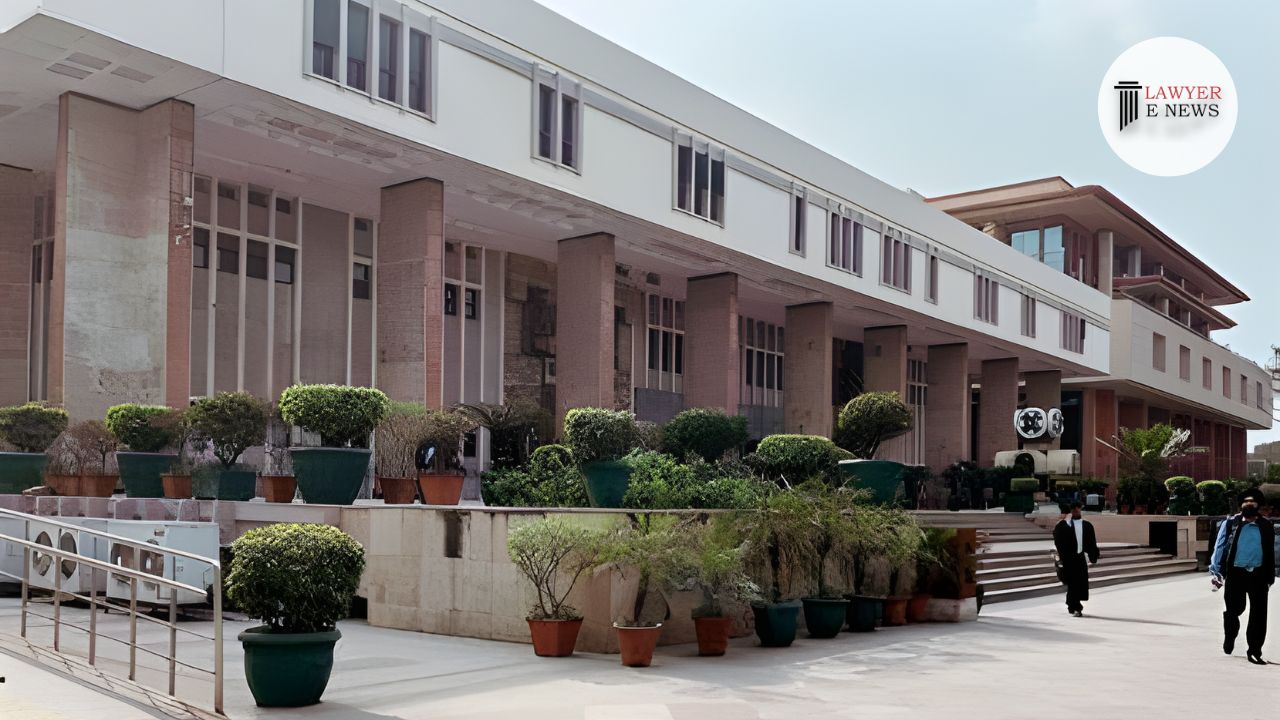-
by Admin
17 February 2026 4:27 AM



In a significant judgment delivered on January 18, 2024, the Delhi High Court has dismissed the criminal revision petitions filed by Mohd Akil, who was convicted under Section 138 of the Negotiable Instruments Act, 1881. The ruling, which upholds the earlier order passed by the Additional Sessions Judge, emphasizes the seriousness of honoring financial commitments made via cheques.
Justice Navin Chawla, presiding over the case, observed, "The petitioner cannot enjoy the fruit of the Power of Attorney while disputing the conditions on the basis of which it had been executed." This remark critically addressed the petitioner's actions of selling a part of the property based on the Power of Attorney, even as the cheques issued for the property were dishonored due to insufficient funds.
The case revolved around a property sale agreement, where the petitioner, Mohd Akil, had issued cheques amounting to a total of Rs. 16,10,000 and Rs. 4,10,000, which were subsequently dishonored. The petitioner had sold part of the property based on a Power of Attorney before the dishonor of these cheques.
In his ruling, Justice Chawla pointed out the inconsistencies in the petitioner's claims regarding the Power of Attorney and the sale agreement. He also referred to the precedents set in "State of Kerala v. Puttumana Illath Jathavedan Namboodiri" and "Amit Kapoor v. Ramesh Chander" to emphasize the limited revisional jurisdiction of the High Court, focusing on the legality and propriety of the orders passed by the lower courts.
The High Court's decision underscores the crucial legal principle that obligations under financial instruments like cheques must be fulfilled. The dismissal of the petitions by the High Court sends a clear message about the sanctity of financial commitments and the consequences of their breach.
Justice Chawla, in his concluding remarks, noted, "In view of the above, the present petitions are found to be without any merit and are, accordingly, dismissed." The petitioner has been directed to surrender before the Trial Court within a period of four weeks from the date of the judgment.
Date of decision: 18.01.2024
MOHD AKIL VS MOHD FAREED
